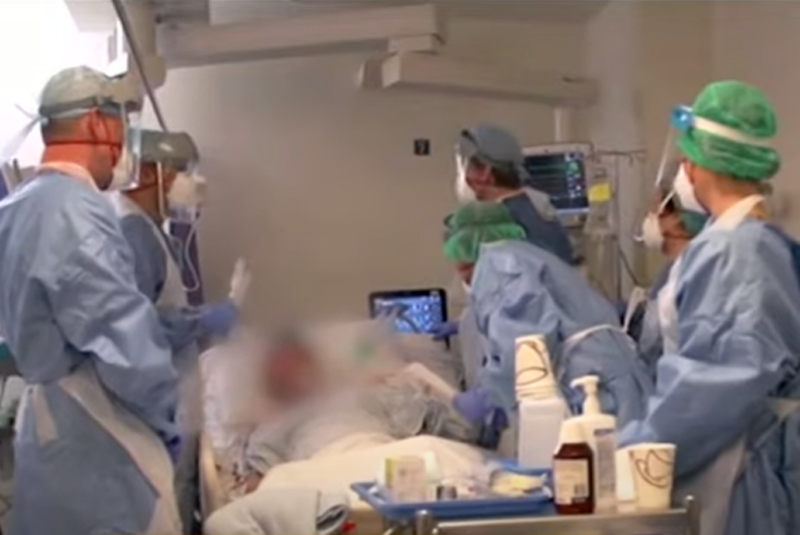The UK government’s handling of the pandemic does not look good. The country is locked down at enormous economic, social, and psychological cost, while the number of people dying from the infection is rising towards a thousand a day. As a result of the lockdown, which began on 23 March, it is hoped that the numbers being admitted to hospital, and the numbers dying, will soon start to decline, thanks to the interruption of community transmission. Of course, the interruption is only partial, because essential services must continue to be provided, and people need to go out to shop and see their doctor and take exercise and not all keep a safe distance. The government says the hospitals can cope, but so far they cannot prevent some 15 per cent of their COVID-19 patients, especially those with co-morbidities, from dying. One hospital in London that had four wards ready for COVID-19 patients a few weeks ago now has eighteen wards open and full, while huge temporary hospitals are being prepared in several conference centres around the country, with correspondingly large temporary mortuaries.
The problem now is that until an effective vaccine is developed and mass-produced, which could take up to eighteen months, the lockdown will have to continue, which is impracticable on every ground, until some other way of containing the pandemic is found. Anthony Costello, a professor of global health at University College London and former director of maternal and child health at the World Health Organization, argues that there is only one option: to test for the virus on a mass scale, with a nation-wide field force capable of tracing and isolating contacts at the local level, until a vaccine is available. This could enable something like normal life to resume, with ongoing local lockdowns sufficient to prevent a fresh surge in infections–the policy being pursued, notably, by China and South Korea. At this point, however, no such field force is on the government’s agenda.
How the UK arrived at this situation may one day be fully accounted for. Perhaps there will be a public inquiry, like the Chilcot inquiry into the UK’s participation in the attack on Iraq, which lasted seven years and thus reported too late to prevent the disaster being repeated. But it is possible to work out what has happened, or has not happened, and we need to try to keep the record straight. The decisions that the cabinet and prime minister–himself now in intensive care with COVID 19–have had to make are undeniably difficult. Little is yet known about the new virus, and balancing the need to protect people from it against the need to protect people with every other kind of health need, and all the collateral victims of the lockdown, is extraordinarily complex and involves painful choices. But we should nonetheless record the circumstances and what we have been told about them.
-30-
Copyright©Madras Courier, All Rights Reserved. You may share using our article tools. Please don't cut articles from madrascourier.com and redistribute by email, post to the web, mobile phone or social media.Please send in your feed back and comments to editor@madrascourier.com











